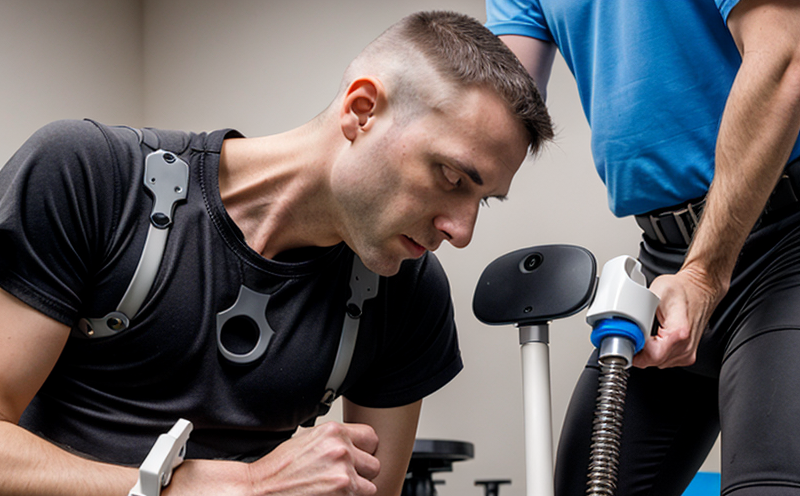ASTM F136 Titanium Alloy Mechanical Testing for Orthopedic Use
The ASTM F136 standard is a critical document in the medical device industry, particularly for orthopedic and prosthetic devices made from titanium alloy. This testing method evaluates the mechanical properties of titanium alloys used in orthopedic implants such as hip replacements, spinal hardware, and knee joints.
ASTM F136 specifies the procedures for determining tensile strength, yield strength, elongation, and reduction of area of wrought titanium products, including commercially pure titanium (Ti-0% Al-0% Sn) and various titanium alloys. This test is essential because it ensures that orthopedic devices meet stringent requirements for safety and performance.
During the testing process, samples are prepared according to ASTM F136 specifications. The specimens are typically cut from the actual titanium alloy used in the device and machined into a specific geometry suitable for tensile testing. The test involves applying controlled loads until failure, which allows engineers to determine key mechanical properties that will influence the design and performance of orthopedic implants.
The results of ASTM F136 tests are crucial for several reasons:
- Ensuring Safety: Compliance with ASTM F136 ensures that titanium alloy components in orthopedic devices will not fail under normal use conditions, reducing the risk of complications such as fractures or infections.
- Regulatory Compliance: Many countries require compliance with international standards like ASTM F136 to ensure product safety and efficacy. Meeting these standards can streamline market entry for orthopedic devices.
- Product Development: The results of ASTM F136 testing are used by R&D teams to optimize the design of titanium alloy components, ensuring they meet both performance and regulatory requirements.
The test setup typically involves a tensile testing machine capable of applying controlled loads. Specimens are aligned in the grips of the machine, and the load is gradually increased until failure occurs. The deformation of the specimen during testing provides data on its elastic limit, yield strength, ultimate tensile strength, and elongation at break.
| Parameter | Description |
|---|---|
| Tensile Strength | The maximum stress a material can withstand before failure. |
| Yield Strength | The stress at which a material begins to deform plastically. |
| Elongation | The percentage increase in length of the specimen after failure. |
| Reduction of Area | The decrease in cross-sectional area at the location where the specimen fractured. |
Eurolab Advantages
Eurolab is a leading laboratory that specializes in mechanical testing of materials used in medical devices. Our expertise and advanced facilities allow us to provide accurate, reliable, and compliant ASTM F136 tests for orthopedic titanium alloy components.
- Accurate Testing: Our state-of-the-art equipment ensures precise measurement of mechanical properties according to the latest standards.
- Compliance Assurance: We stay current with the latest ASTM F136 updates, ensuring all tests meet the most stringent regulatory requirements.
- Rapid Turnaround Times: Our efficient processes mean you can receive your results quickly without compromising on quality.
Why Choose This Test
The ASTM F136 titanium alloy mechanical test is essential for ensuring the safety and efficacy of orthopedic implants. Here are several reasons why this test is critical:
- Regulatory Compliance: Many countries require compliance with ASTM standards to ensure product safety.
- Risk Reduction: By ensuring that titanium alloy components meet the required mechanical properties, the risk of failure during use is significantly reduced.
- Consistency in Quality: ASTM F136 testing provides a consistent method for evaluating the quality of titanium alloys used in orthopedic devices.
Use Cases and Application Examples
The results of ASTM F136 tests are crucial in various stages of orthopedic device development. Here are some use cases:
- New Product Development: Engineers can use test results to optimize the design of titanium alloy components, ensuring they meet both performance and regulatory requirements.
- Quality Control: Testing is performed on production batches to ensure that all devices meet the required standards before release.
- Prediction of Device Performance: The mechanical properties determined by ASTM F136 can be used to predict how a device will perform in real-world conditions.





